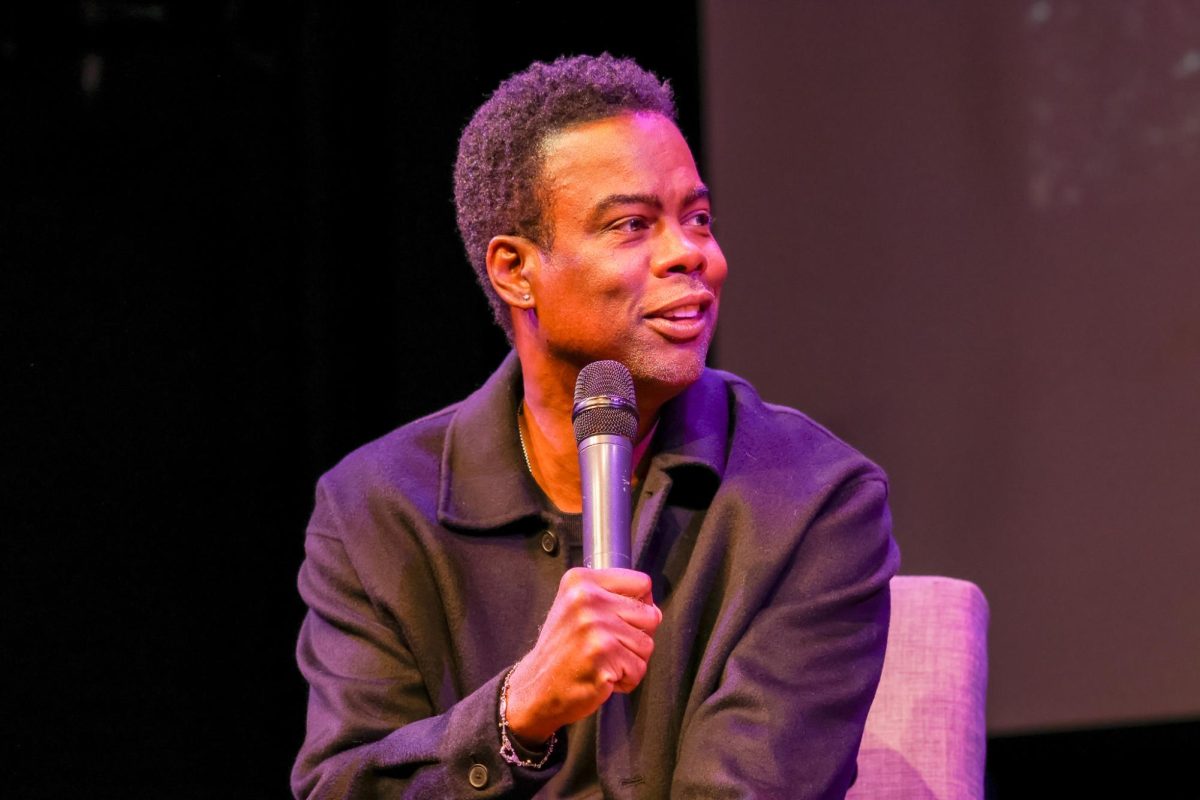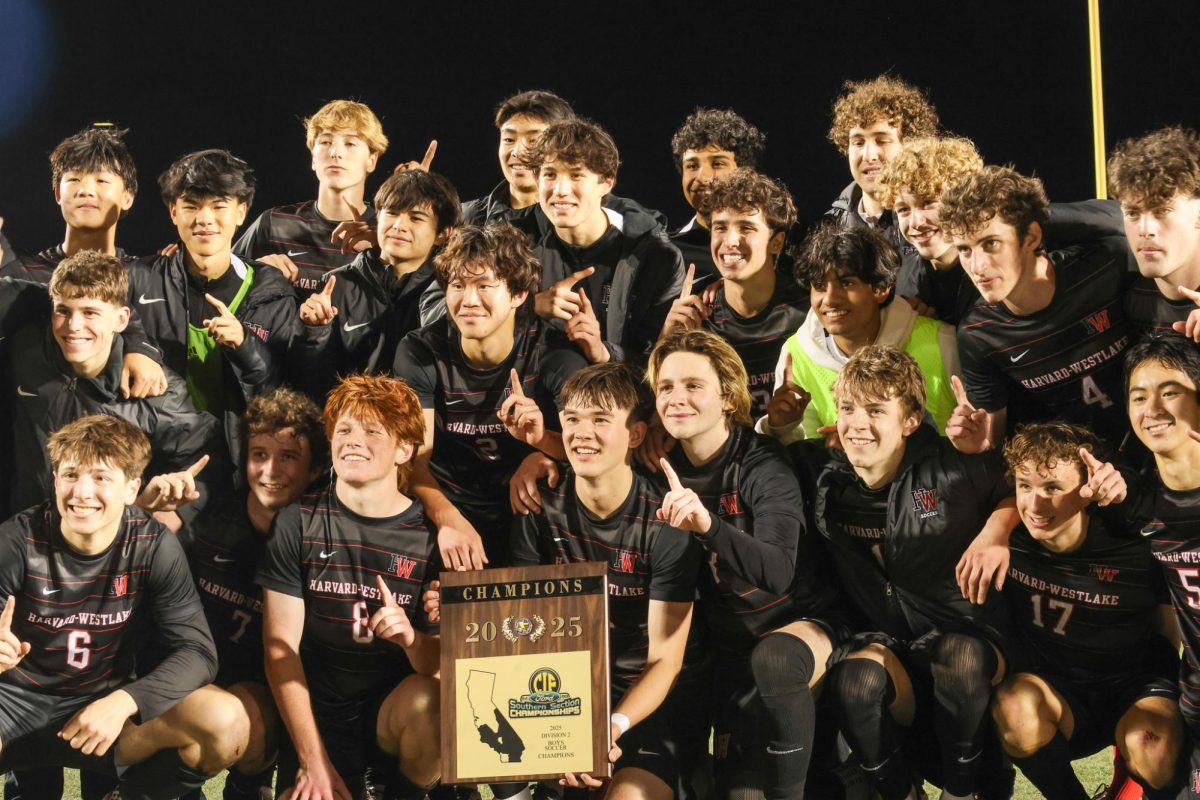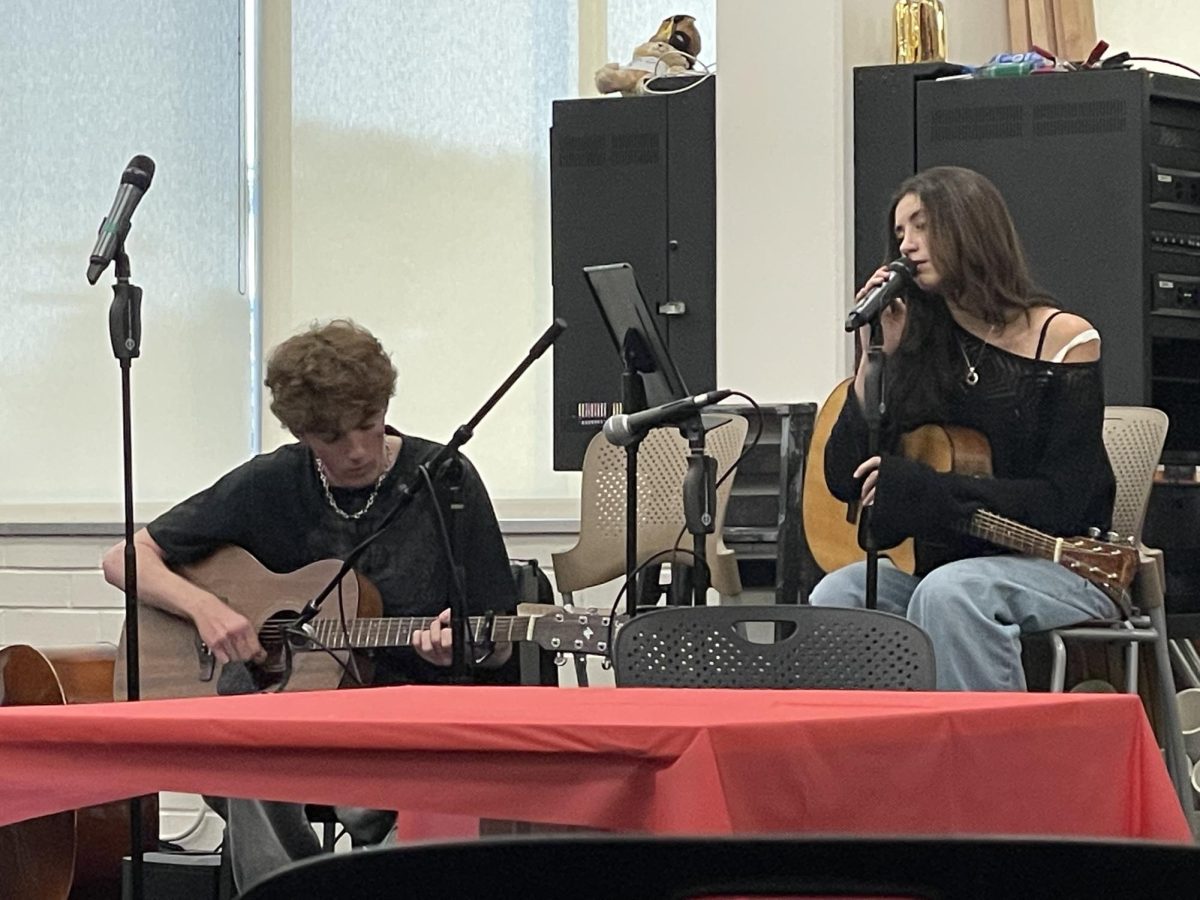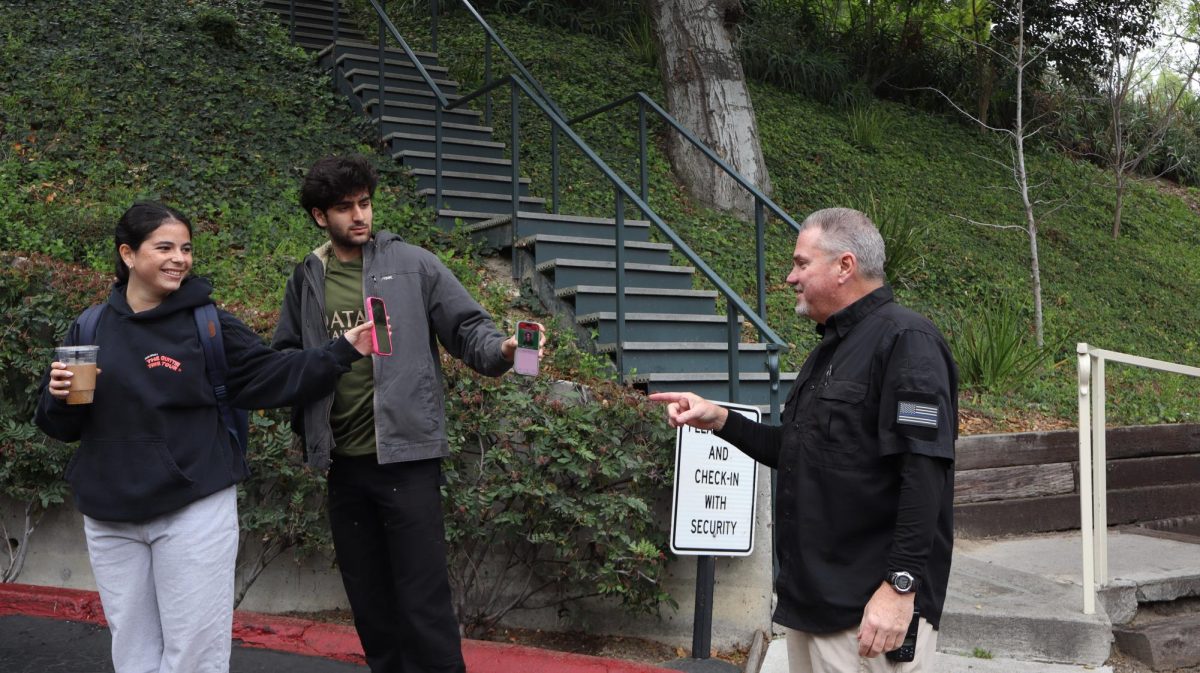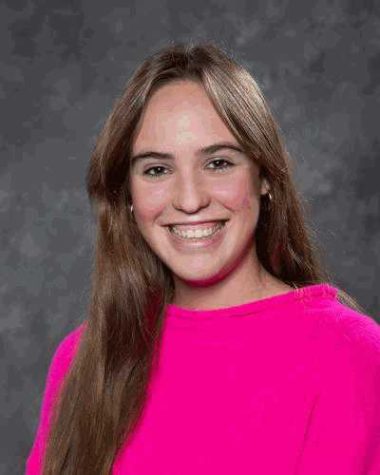Astrophysicist Andrea Ghez (Evan ’19, Miles ’24 ) was awarded the Nobel Prize in Physics 2020 by the Royal Swedish Academy of Sciences on Oct. 6 for discovering a supermassive black hole at the center of the Milky Way Galaxy. Ghez won a quarter of the total prize share of about $1.1 million, while Roger Penrose and Reinhard Genzel won half and a quarter of the prize for their contributions to astrophysics, respectively.
A member of the school’s Harvard-Westlake (HW) Parents STEAM Club, Ghez teaches physics and astronomy at the University of California, Los Angeles (UCLA), where she is the Lauren B. Leichtman and Arthur E. Levine Astrophysics Endowed Chair and the founder and director of the UCLA Galactic Center Group.
Ghez is one of the first five women to win the prize
Ghez is the fourth woman to win the Nobel Prize in Physics and the 57th woman (excluding Marie Curie’s second Nobel Prize) in the Royal Academy’s 281 year history to win a Nobel Prize.
In an interview with Head of External Relations Ed Hu for HW Life, Ghez said she strives to be a role model for her students, especially young women.
“Today I do all my teaching at the undergrad level, the very first introductory classes, because that’s where the role model piece has the biggest impact,” Ghez said. “I still see myself first and foremost as a scientist, but I’ve come to appreciate the power of teaching now more than ever because we rely on the next generation to think independently and have hard, complex discussions.”
Ghez said she didn’t always know she wanted to be an astrophysicist
Ghez is also a MacArthur Fellow and member of the National Academy of Sciences and the American Academy of Arts and Sciences. In 2012, she was the first woman to receive the Crafoord Prize from the Royal Swedish Academy of Sciences, and in 2019, she received an honorary doctoral degree from Oxford University.
Ghez likened choosing a career path to the process of scientific inquiry. She said students will find a suitable career eventually if they allow themselves to be guided by their interests.
“I had no idea what I wanted to do,” Ghez said. “It’s important for kids to realize that not everyone knows what they want to do in the beginning. So many kids feel the pressure to understand where they’re going. For some, it is really clear, but for others it’s a random walk, and it’s continually evolving. It’s almost like asking a scientist, ‘What’s your next research question going to be?’ I have no idea. You just keep pursuing and trying to figure out what you enjoy doing and how you’re going to put all these pieces together.”
According to Ghez, adopting a growth mindset is key to achieving success
Last February, Ghez presented her work to the HW Parents STEAM Club. Ghez said she uses a growth-oriented approach in her research.
“I think the growth mindset is incredibly important to all aspects of life, and I find that it’s particularly helpful to keep in mind about research because there’s so much more to be learned,” Ghez said. “The best way to learn is to be challenged, and if you’re not challenged, in fact, you can’t learn. Anything that’s interesting is hard, which means you’re going to struggle a lot.
Ghez said utilizing the growth mindset to overcome setbacks eventually creates new possibilities.
“You really have to be comfortable with the state of not knowing or the state of struggling. The more you can accept that, the more likely you are to find that interesting opportunity to make progress… We learn the most when we make mistakes, so accepting that not as a failure but as a process, I think allows us to be happy in life.”































